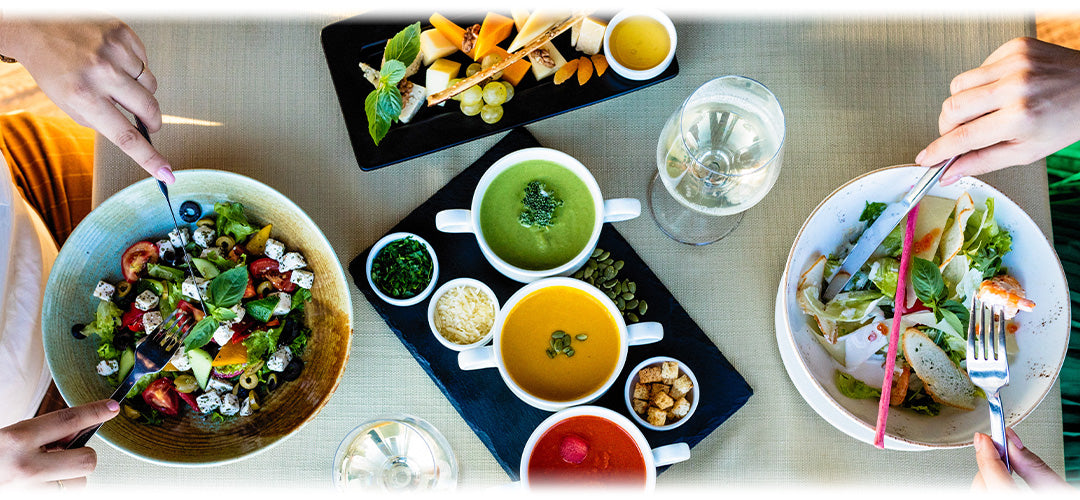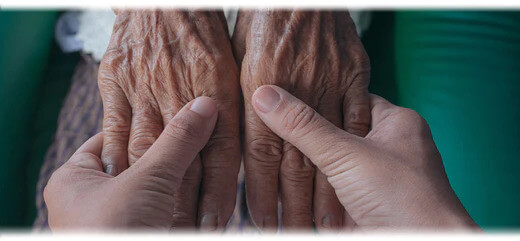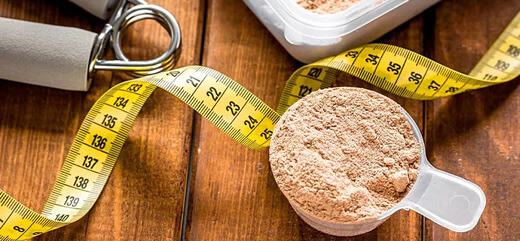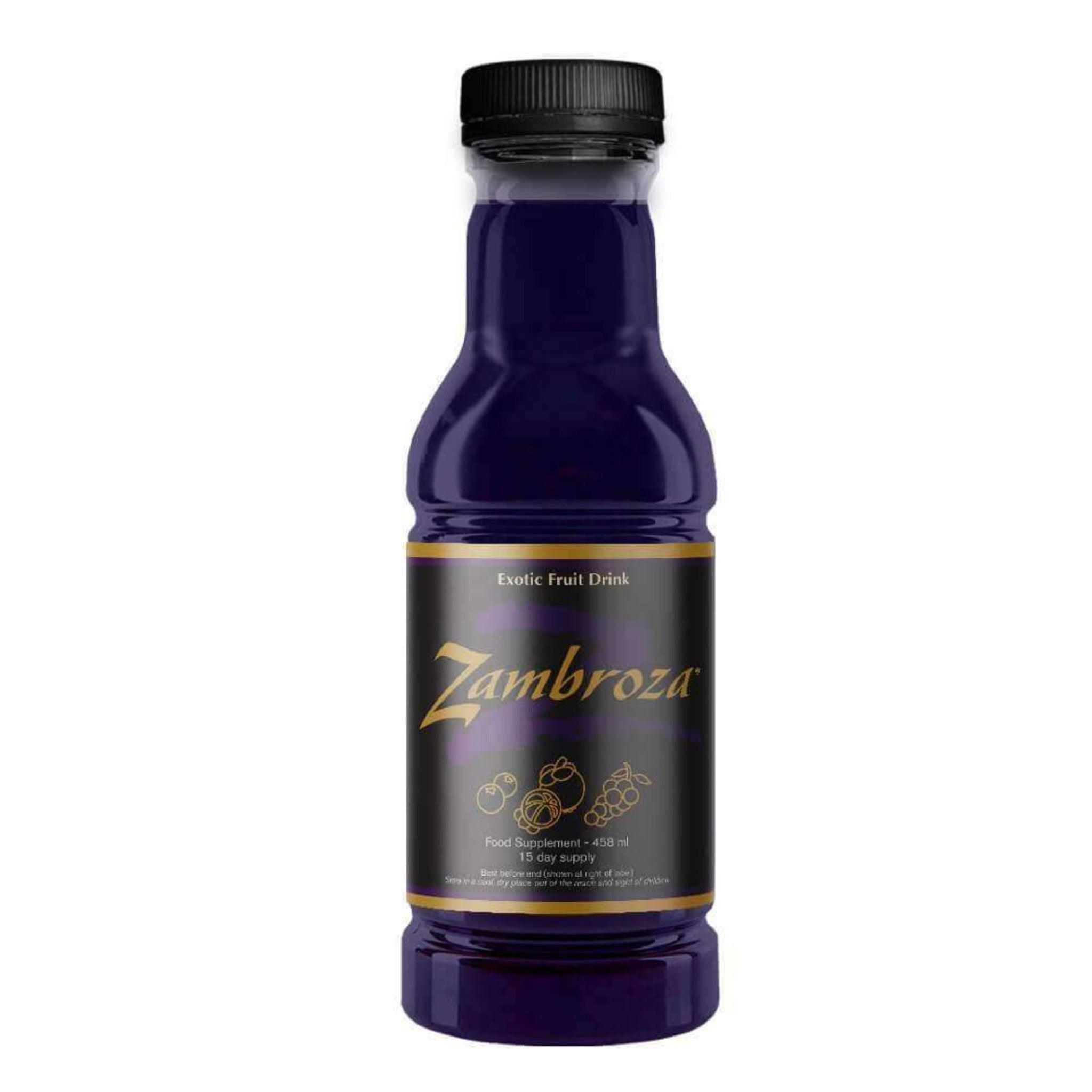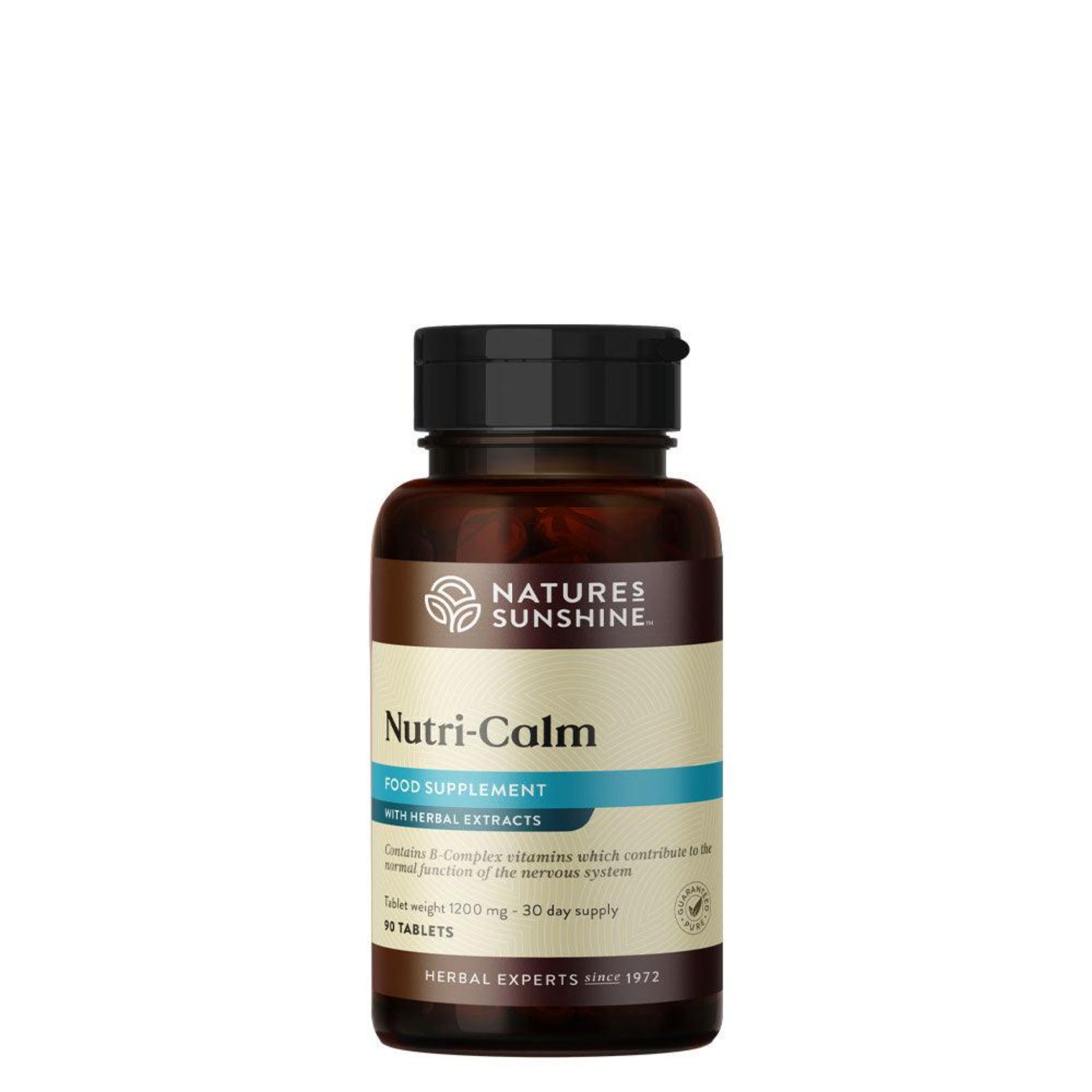
Like many people, staying healthy seems more of a challenge the older you get.
It can be harder to stay motivated, find the time to exercise, eat healthily and not be tempted by some of your guilty pleasures.
However, too many late nights and too much over-indulging, without balancing it out against eating more healthily and getting more exercise, are a sure-fire way to store up health problems for later in life.
If only there were a way to future-proof your health, right? Thankfully, there is. By making the right lifestyle choices, you can future-proof your body to preserve and maintain good wellbeing and physical fitness, so you feel happier and healthier later in life. Here’s how:
WHAT DOES FUTURE-PROOF MEAN?
Future-proof is one of those trendy buzz words that gets bandied around in the business world and the media without any thought to what it means. When people talk about ‘future-proof’ from a technology perspective, it means creating something that moves with the times and never goes out of date – think of software that regularly gets updated, and you get the idea. When it comes to future-proofing your health and wellbeing, the concept is similar. It’s all about making healthy choices now to help yourself stay healthier for longer, whether that’s strengthening your immune system, improving your physical fitness or supporting your organs with the proper nutrients.
It’s more about prevention than cure – making the right lifestyle decisions today, which will hopefully help stave off the onset of severe health problems or chronic conditions in the future. When it comes to trying to future-proof your body, your diet, exercise, lifestyle and habits all come into play. Making the right choices now can help prevent any health complications later in life.
But where do you start? Read on for our ‘top tips’.
WAYS TO FUTURE-PROOF YOUR BODY FOR LONG-LASTING WELLBEING
Some of the following ideas may seem like common sense, but they provide the cornerstones of a healthy lifestyle. Even if you follow only a few of them, you’ll be laying the right foundations for better health and wellbeing later in life.
CLEAN UP YOUR DIET
This one may seem obvious, but a clean diet is essential for maintaining your health in later life. There are many reasons why. Firstly, as our bodies age, it can be harder to keep our weight under control and maintain our physical fitness. Also, over time, our organs start to decline naturally and need more of the correct nutrients to function as they should. Eating more wholefoods, fresh fruit and veg, lean proteins, and healthy fats will help your body get more of the nutrients it needs. So, too, is topping your diet up with natural, nutritional supplements to ensure you get the correct levels of vitamins and minerals to support good health in later life.
GET ENOUGH SLEEP
This is another one you can file under ‘obvious’. Sleep is vital for people of all ages. It’s when your body shuts down, recharges and repairs itself, so you wake up refreshed and raring to go the next day. It can also have a big bearing on our mood, and mental and emotional health – think about how out of sorts you usually feel when you’re tired and run down. It’s recommended we get at least seven hours of quality, unbroken sleep each night, but the older you get, the more you may need.
STAY HYDRATED
Getting enough fluids every day is another vital part of staying fit and healthy, particularly the older you get. Staying hydrated helps keep your heart pumping and your blood flowing to all your vital organs to ensure they get all the nutrients they need to stay healthy. It also helps your body process waste and flush out any toxins naturally. Aim to drink at least six to eight glasses of water a day. If you find water plain and boring, try mixing it with your favourite juice or drinking herbal tea. Fresh-brewed coffee, in moderation, also has many health benefits, as it’s full of antioxidants which help prevent damage to your cells. However, go easy as too much caffeine can have a harmful effect, increase anxiety and make it harder to sleep.
GET REGULAR EXERCISE
As mentioned above, as we get older, it’s harder to maintain a healthy weight and good physical fitness. Our bodies tend to lose muscle mass and gain more fat, affecting our posture and quality of life and putting extra strain on our bones and joints, organs, and key body systems. Regular exercise can help prevent that. It can keep your heart and lungs healthy and your muscles and skeletal system strong, as well as improve your mental health. So, you should aim to do at least 30 minutes of aerobic exercise, which leaves you slightly out of breath, every day.
That doesn’t mean you need to hit the gym for four hours every day for intense weights and cardio. Walking, swimming, dancing, jogging and cycling are all activities which anyone can do, aren’t too strenuous, but will help keep you active later in life.
REDUCE STRESS
Stress-related illness in later life can significantly impact your physical and mental health. So, avoiding stress wherever possible and taking some time out to relax and unwind is one of the key ways to future-proof your body. Switching the computer or smartphone off, taking a nice relaxing bath with your favourite essential oil, or practising yoga while indulging in a spot of stress-relieving aromatherapy are all great ways of staying stress-free.
And if you need a bit of extra help to settle your nerves when the going gets tough, Nutri-Calm can help restore your balance and get you back on a more even keel.
GIVE YOUR IMMUNE SYSTEM A BOOST
Your immune system plays a vital role in supporting your overall health and wellbeing. It’s what helps fight off illness and infection and helps your body recover when you do fall poorly. It also protects all your body’s vital organs by killing off any harmful bacteria or chemical compounds before they get the chance to do any lasting damage. Around 70% of your immune system is housed in your gut, so cleaning up your diet and getting more probiotics will help boost your immunity while supporting better digestive health.
DITCH THE BAD HABITS
We’ve all got guilty pleasures, which is nothing to be ashamed of. However, later in life, smoking and over-indulging in chocolate, alcohol, caffeine, junk food, and takeaways can have a more significant impact on our health and bodies. So, if maintaining better health and wellbeing later in life is your goal, then ditching your bad habits, or at least cutting back, will help. We’re not saying you should deny yourself the odd treat every now and then. But remember, moderation is key, and that extra glass of wine, sneaky cigarette, or late-night pizza or chocolate bar should be the exception, rather than the rule.
Check out these links to our product and collection pages to find out more:
- Weight Management
- Vitamin D3
- Antioxidants
- 5-HTP
- Essential Oils
- Aromatherapy
- Nutri-Calm
- Digestive Health
- Liquid Chlorophyll


